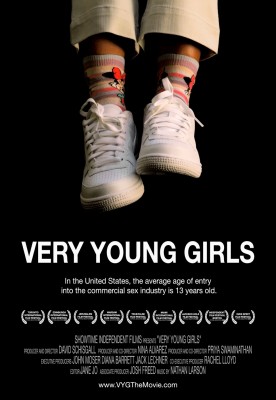Chapter 10 of our text, The Global Flow of Visual Culture, very much pertains to human trafficking as globalization largely fuels trafficking. To narrow this post, I will be focusing on cultural imperialism- an ideology or a way of life that is depicted to the world by means of cultural practices or products.
In my previous blog posts, I have discussed the counter human trafficking campaigns of Eastern Europe, argued to suppress migration, as well as the media's stereotypes of traffickers themselves, most notably a minority male. In the case of migration, the movie Taken (discussed in this previous post, aired in over 10 countries, and rooted misconceptions of the issue in over a million global citizen's minds.
These two posts can be tied into this discussion of globalization by calling into question the media's shaping of the issue, motivations (such as economic and immigration policy agendas in the US) and how this molds and contributes to our own views. This is paradoxical- the clever packaging and framing is contrary to the supposed democratic path of information globalization is theorized to fuel (399).

